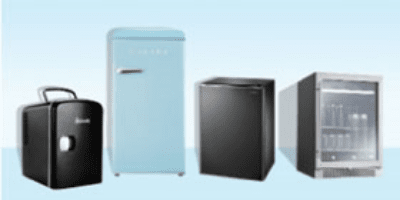Customer Success Story:
Undervaluation Fraud Discovered in Shipment to North Africa
The Challenge
For decades, traders have been able to operate under-the-radar by manipulating internationally recognized HS codes, wrongly declaring one type of item as another to cut costs and avoid paying the required duty rate.
The Story
Misdeclaration of Goods
In 2022, a North African Customs Organization embarked on a strategy focusing on preventative revenue leakage. With Publican’s AI- driven capabilities, they were able to alleviate revenue loss by preemptively identifying which shipments coming in may be fraudulent. Publican detected that the mini refrigerators declared in the shipment from China were actually automotive brake parts.
Why does this matter?
Because the tariff for refrigerators is 2.5% as opposed to brake pads which stands near 40%.
How did Publican uncover this?
Analyzing the shipper’s scope of business

Refrigerators do not match the scope of business of the shipper, a South Korean manufacturer of automotive brake parts.
Additional Clues: The shipment’s weight declaration

The weight declared: 14,290kg for 610 mini-fridge units in 4 TEUs raised suspicion as it is abnormally low. On average, mini refrigerators weigh up to 36kg each unit.
Findings and Conclusions :
Publican’s system automatically flagged the shipment as high risk by detecting clear abnormalities with the shipment’s weight declaration and the shipper’s scope of business. Authorities investigated the shipment and found consistent misdeclarations to evade the required tariffs.
For borders processing tens of thousands of shipments every year, Publican’s solution enables customs agencies retrieve significant revenues lost through the misdeclaration of goods at scale. Read more about Digital cargo vetting.
Get in touch
-
21 Soho Square London W1D 3QP, UK



